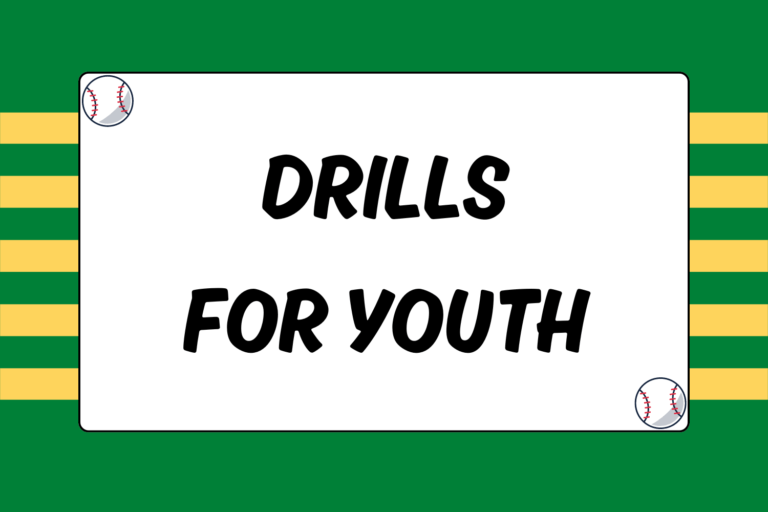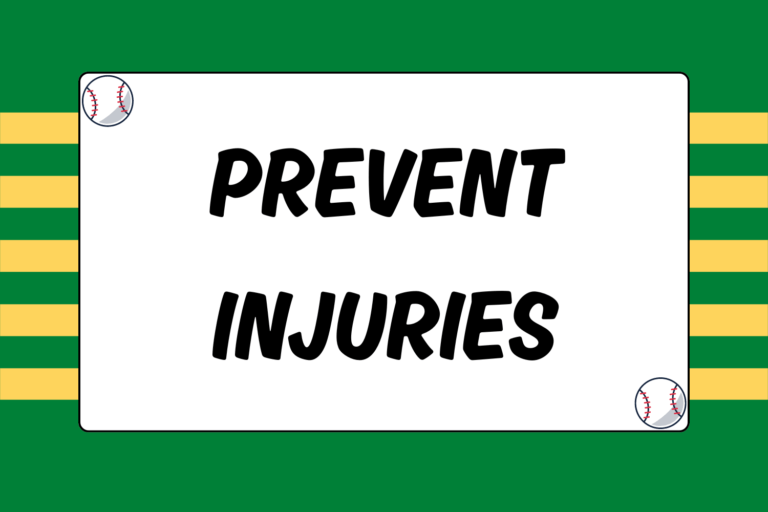Umpiring a baseball game is not an easy job. Every time you make a close call, somebody’s going to be upset and disagree. And standing in the sun for 18 half-innings is a tough enough task without players and coaches constantly griping about your ineptitude.
It’s not all doom and gloom, though. Umpiring can be a lot of fun, and it’s a great way to stay close to the game if your playing days are over. Plus, you’ll find that the majority of ballplayers know how to treat umpires with respect. So if you think you’ve got thick enough skin to be an ump, keep reading — this guide outlines equipment, field responsibilities, and everything else you need to know before you don the blue umpire shirt.
Umpire Equipment
As an umpire, it’s important to dress for the part. The best way to gain the players’ and coaches’ respect is to act professionally, and that starts with your attire. The umpire uniform is fairly standard — all these items should be available at a sporting goods store or online retailer:
- Collared umpire shirt (navy blue and black are common colors)
- Dark-colored pants (black or dark gray is ideal)
- Black shoes
- Black belt
- Umpire’s cap (again, these usually come in navy blue or black)
- Dark-colored jacket or long sleeves if the weather demands it
- Count Indicator (to keep track of the outs and the count)
The home plate umpire must be equipped with some additional gear and accessories:
- Facemask with throat protector
- Chest protector
- Shin guards
- Ball bag (affixed to your belt)
- Plate brush
- A copy of the rule book for your baseball organization/league
Umpire Responsibilities
Like anything else, being a successful umpire requires preparation and focus. You need to have both the mental make-up and the baseball knowledge to handle the rigors of umpiring a game. Below are four of the most important aspects of the job:
1. Know the Rules
To be able to call a fair game, you need to know the rules of baseball inside and out, and you need to know how to apply these rules to any situation. This expertise can come from years of baseball experience or from probing the rule book. Study the rules so that you’re never surprised by a play and unsure of what call to make. No matter how long you’ve been around the game, you might encounter a situation you’ve never seen before, so it’s a good idea to keep a rule book handy at all times.
2. Communicate
As an umpire, it’s vital that you communicate effectively with coaches and players. Before the game, meet with both coaches and go over the ground rules. During the game, make your calls firmly and loudly. If a coach takes issue with one of your calls, explain your reasoning clearly and calmly. Communication isn’t just talking — it also means listening. If you actually listen to a coach’s argument instead of dismissing him, you can give him a thoughtful response and avoid further confrontation. Try not to allow any disagreement over a call to escalate into a screaming match — this constitutes a failure on both your parts.
You also need to be able to communicate well with your fellow umpires. If there are only two umpires (as is common), make sure you both know who’s going to make the call at each base. Remind each other when the infield fly rule is in effect. If you think you missed a call or if you had a bad view of a play, call the other umpire over and discuss it so that you can make the best possible call. Sometimes this means swallowing your pride a little bit!
3. Be Decisive
Players and coaches know that umpires are human, and therefore, make mistakes like anyone else. They usually understand that bad calls are occasionally part of the game. But they hate to see indecision and inconsistency on the umpire’s part. Make your calls quickly and without hesitation in your voice. If you’re behind home plate, try to keep a consistent strike zone. If you make calls confidently, people will be less likely to question you.
4. Be Unaffected
This is perhaps the most important quality for an umpire to possess — you simply won’t last as an ump if you can’t handle the criticism. Justified or not, coaches will argue with you, players will chirp at you, and fans may even heckle you. The worst thing you can do is take it personally. It’s unfortunate to run across a loud-mouthed fan or an obnoxious coach — it’s even worse if you let them affect how you call the game. Try to realize that it’s impossible to make everyone happy, and learn to keep your composure no matter what.
Fun Fact:
You might often hear players and coaches refer to the umpire as “blue” (as in, “hey blue, that pitch was outside!”). This nickname came about because of the navy blue shirts that umpires usually wear. Since the majority of baseball uniforms feature white or light gray, umpire uniforms tend to favor darker colors. And although it’s now common to see an ump wearing other colors, such as black or dark gray, the “blue” nickname is still used universally to address any umpire.
Set an Example of Respect
This tip applies not just to umpires, but to every person on the baseball field. If you act professionally and treat others with respect, coaches and players are, in turn, likely to treat you with respect. Be unbiased, don’t hold grudges, and try not to let a disagreement fester. Players are often taught to have a short memory — this is good advice for umpires, too. If you miss a call, put it behind you and don’t make the same mistake again. Even after a nasty argument, you need to be able to collect yourself and move on to the next pitch. Being a good umpire doesn’t mean being perfect; it means coming prepared, treating others with class, and doing your best to call each play correctly.





